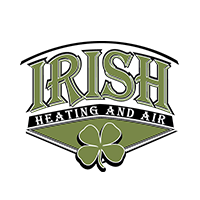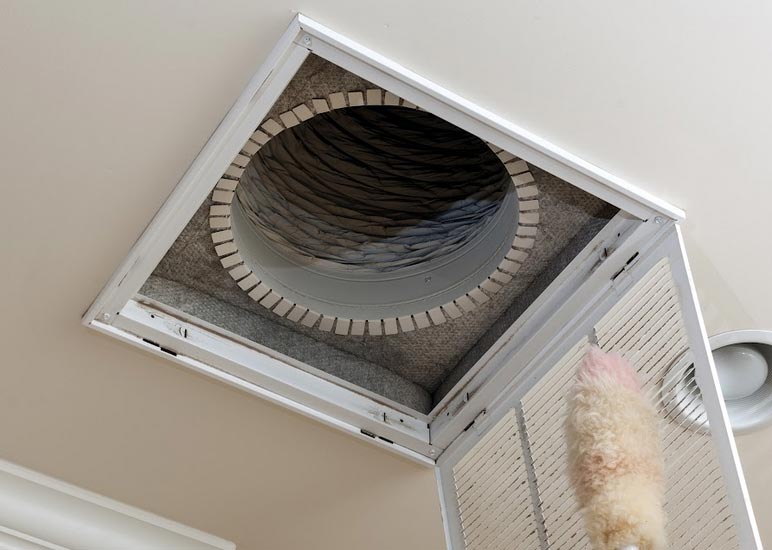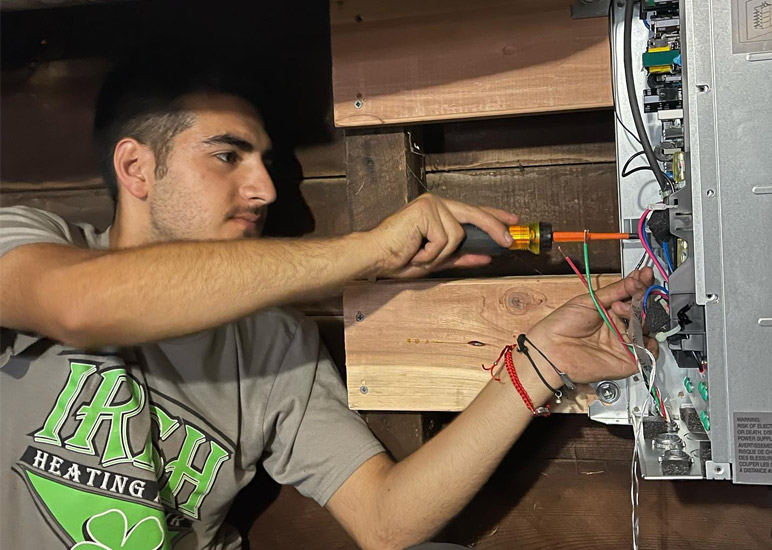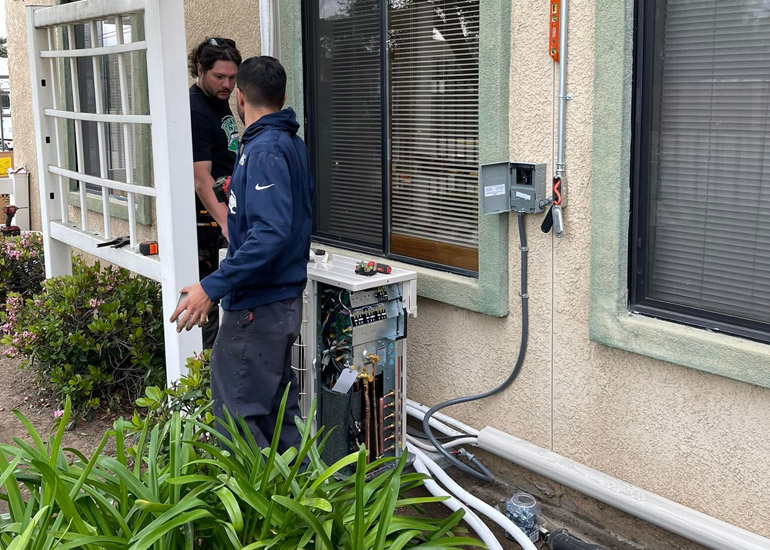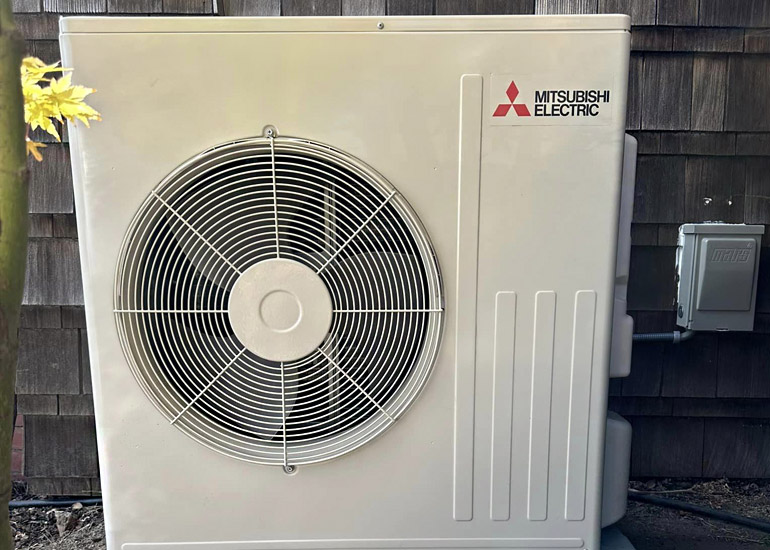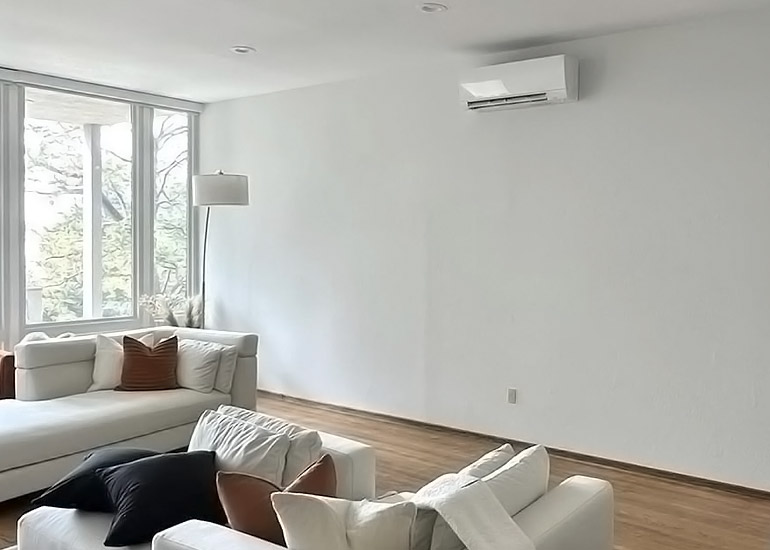
Summer is on its way and before you know it, you’ll need that AC working to keep you and your family comfortable. It’s always a good idea to have your local HVAC pro come out and take a look at your system before the heat comes on. Remember, it’s always better (and cheaper!) to do proper maintenance than it is to fix something after it breaks!
What can you do?
You can do a few things before scheduling your appointment. First, make sure the outside temperature is above 45 degrees. That’s the absolute lowest temperature you want to test your system, even if it’s just for a few minutes. The compressor – which is the large box outside of your home – has a very difficult time exchange cold air for cold air and running the system for any length of time in cold weather can reduce the useful life of your system. If the temperature is anywhere under 60 you should really be using your system for testing only – open the windows instead!
- Disconnect power to your AC unit.
- When inspecting components, it is critically important that you disconnect the power from your unit. Power could not only damage or kill you, but can irreparably damage your AC unit.
- Ensure that your compressor is uncovered and clear of debris.
- Check wires and tubes for obvious degradation.
- Check your AC pump to ensure it is properly plugged in.
- Test your system.
- Ensure all components come on.
- Ensure cold air is flowing.
- Does it smell funny? Have you changed your filter lately? If you have, be sure to tell your HVAC pro.
What Will the HVAC Tech Do?
Your technician will take a close look at your system and let you know if there are any problems.
- Inspect the thermostat to ensure that the system turns on and off when it is supposed to.
- Check your furnace and ducting nearby to ensure that air is flowing smoothly and there are no obvious signs of damage.
- Check your vents and return to ensure that air is flowing and being pulled back into the system.
- Inspect and tighten all wires and tubes to ensure that things stay right where they should be.
- Inspect and replace (if needed) coolant and the pressure with which it runs through your system.
- Inspect and clean your evaporator coil, which controls the temperature of the air going to your vents.
- Inspect and clean the condenser outside your home.
- Ensure that the AC pump is working effectively and the drain pipe is free of debris.
- Lots of other safety and efficiency checks, including recommendations for lowering your cooling costs!
At the end of your tune up, ask your pro about ongoing maintenance and service plans. For a lower monthly cost, your HVAC specialist can often offer significant savings on parts and labor, and guaranteed service time at the busiest of seasons.
Whether you need working air conditioning for your health or just for your comfort, having an AC tune up each spring ensures that when the summer time comes around, you’re not sitting in the sweltering heat!
